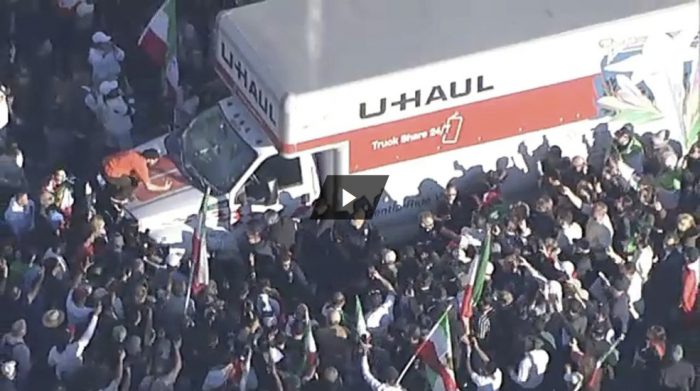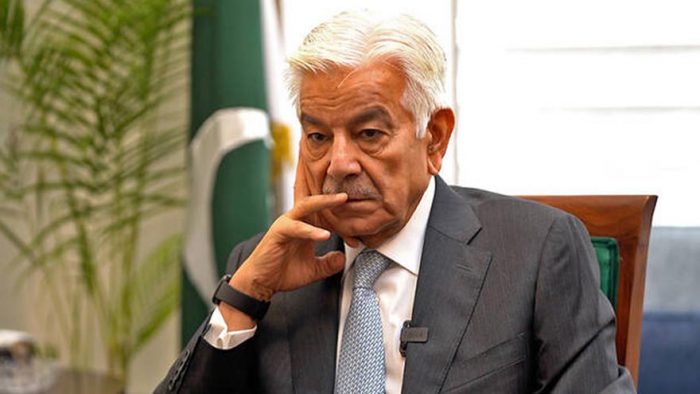Hundreds of Israeli activists from Tzav 9 blocked Gaza-bound aid at the Kissufim Crossing, demanding justice for fallen soldiers and calling on President Trump to halt assistance until Hamas returns the hostages’ bodies.
In a dramatic show of grassroots defiance, hundreds of activists from the Tzav 9 movement descended without warning on the Kissufim Crossing Friday morning, physically blocking the passage of aid trucks headed into Gaza. For nearly three tense hours, the demonstrators stood their ground—demanding accountability before appeasement—until Israeli police arrived and cleared the route, arresting two participants.
The protest, organized by local residents and bereaved families from the Gaza Envelope communities, was a visceral cry of frustration over what they call a “moral inversion”—sending humanitarian aid to Hamas-controlled Gaza while Israel’s fallen heroes remain unreturned and terrorists rearm under ceasefire cover.
Tzav 9 Chairwoman Reut Ben-Haim, addressing U.S. President Donald Trump directly in English, delivered a searing message that echoed across the border:
“President Trump, whom we deeply respect—remember October 7th. These trucks are not aid; they are Hamas’s weapons. The very organization you, Mr. President, ordered to dismantle, is still killing our soldiers. These are not ‘incidents’—this is betrayal in motion.”
Ben-Haim went further, accusing Hamas of violating the Trump-brokered Gaza agreement by refusing to return the bodies of murdered hostages.
“We cannot move to Phase B. We cannot reward murderers with fuel and food while they dig tunnels and prepare for the next massacre. Not one truck should pass until every fallen Israeli is brought home,” she declared.
The protest captured a growing sentiment across Israeli society—that peace cannot be built on denial and that mercy without justice only fuels terror.
As police dispersed the demonstrators, the symbolism was unmistakable: ordinary Israelis standing on the front line, demanding that the world remember October 7th not as a date—but as a warning.





